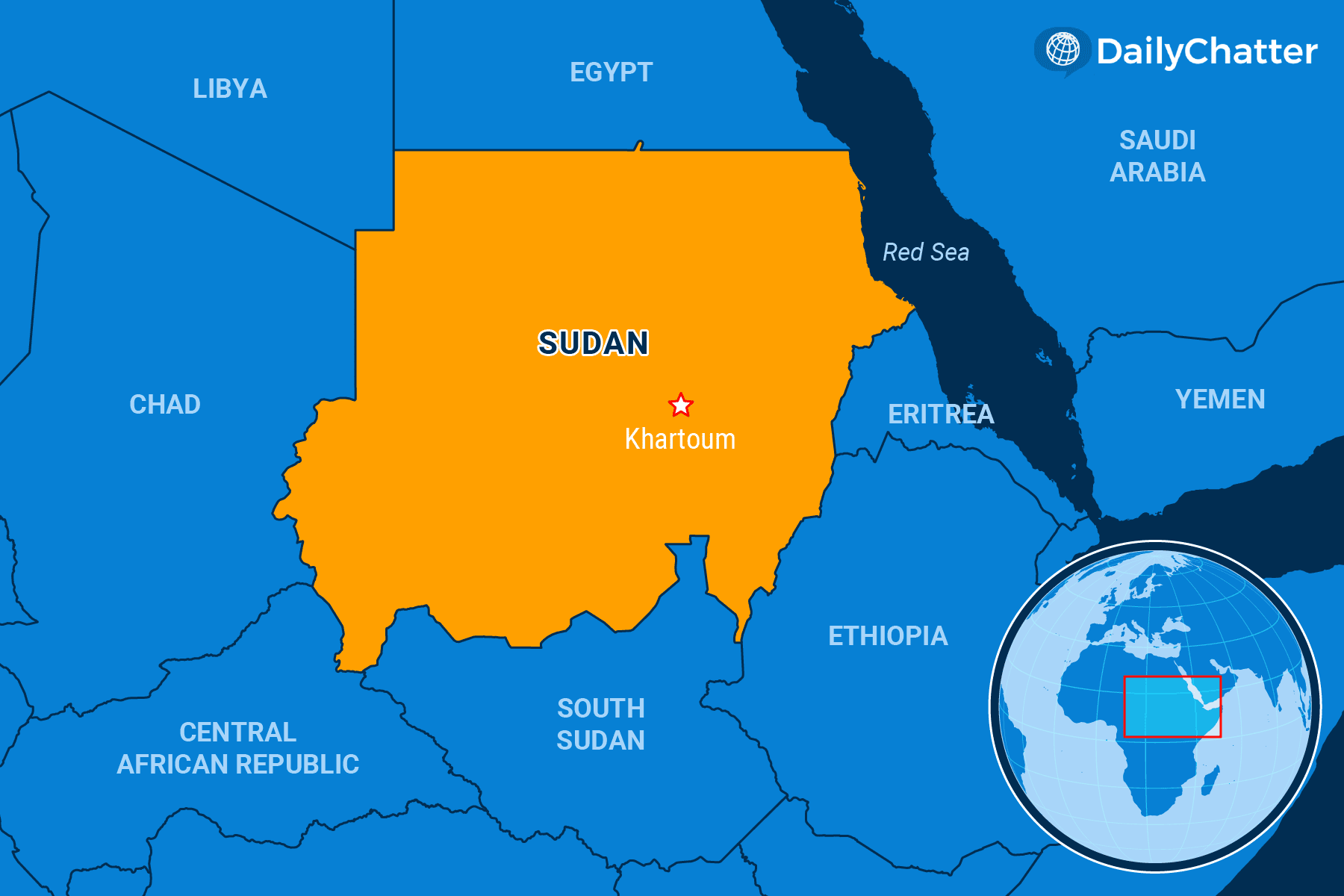The Darkest Shades of Dire

Sudanese paramilitaries and their allies took control of cities in Darfur from government forces, a major advance marked by reports of mass killings and fears of renewed ethnic violence in the restive western region, the Washington Post reported.
“The capture of the cities, previously divided between the militias and the army, is the most significant military breakthrough by the Rapid Support Forces since the war began seven months ago, and it threatens to usher in a new chapter of violence by drawing in forces that had kept aloof from the fighting,” the newspaper wrote.
Over the past two weeks, the Rapid Support Forces (RSF) captured three of five regional capitals, including a number of important military bases. Witnesses’ accounts told of massacres of entire families and looting by paramilitary forces in the region. Aid officials said more than 7,000 people had crossed the border into Chad in the first three days of November, more than for the entire previous month.
The United Nations described the situation as “verging on pure evil,” adding that recent reports show that more than 800 people have been killed by armed groups in Ardamata, an area hosting a large camp for internally displaced people, Agence France-Presse wrote.
The civil conflict began in April following a dispute between the RSF, led by Gen. Mohamed Hamdan Dagalo (also known as Hemedti), and the military, led by Gen. Abdel Fattah al-Burhan. Both leaders collaborated to overthrow a civilian government two years ago.
But both sides have since accused the other of atrocities: The military has repeatedly bombed civilian neighborhoods, while the RSF – allied with various ethnically Arab militias – has been accused of mass killings and ethnically motivated assaults in Darfur.
According to the Armed Conflict Location & Event Data project, at least 10,000 people have died in the conflict, but the exact death toll is believed to be higher. Nearly five million people have been displaced.
Analysts called the RSF’s recent seizures a major breakthrough for the paramilitary unit, but warned that this could risk plunging Darfur into another civil war akin to one that devastated the region 20 years ago.
In 2003, the government of now-deposed President Omar al-Bashir unleashed Arab militias, known as Janjaweed, in response to a rebel uprising in Darfur. Janjaweed fighters burned villages, conducted mass killings and used mass rape as a weapon of war.
Later on, numerous Janjaweed units became integrated into the RSF, while certain ex-rebels secured governmental positions as part of a negotiated peace agreement.

Subscribe today and GlobalPost will be in your inbox the next weekday morning
Join us today and pay only $32.95 for an annual subscription, or less than $3 a month for our unique insights into crucial developments on the world stage. It’s by far the best investment you can make to expand your knowledge of the world.
And you get a free two-week trial with no obligation to continue.
